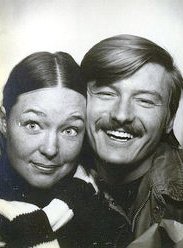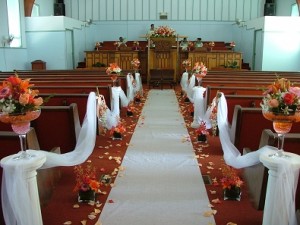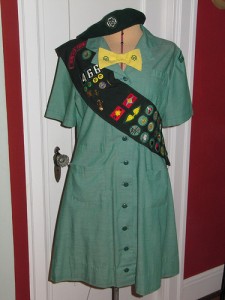God’s Word is detailed and practical. Whatever the question, he has the answer. In my consideration of whether or not to marry again some day, Scripture offered clear counsel. I learned that widows are free to choose another husband, but before they do, the Lord wants them to know the happier choice would be to remain single.
In my few years of widowhood, I’ve missed being married. But Nate and I grew up together as many married couples do, and our couple-history, if written down, would fill many volumes. A second husband’s history would fill a different set of books. Although second spouses could work at telling each other about first ones, most of that history would remain unshared and unappreciated. Of course a new couple-story would start when a new marriage began, but the inside jokes and warm remembrances of years gone by would be absent.
The greater problem, though, would be the grown children. Scripture is clear that a husband should trump children in the heart of a wife. Since Nate’s been gone, the fellowship of my adult children and children-in-law has been sweeter and richer than ever, with the grandchildren being an extension of that.
Remarriage sounds like squeezing a new husband into the existing picture rather than putting him on top of the heap. And of course the same squeeze would have to happen on his side. Maybe the biblical Paul, though unmarried himself, could see the sticky situations that would follow remarriage, so he counseled against it.
We all know couples who’ve remarried after widowhood. The relationships that work best are those that grew out of friendships established well before the deaths, four adults who knew each other and raised their children together, who all had relationships beforehand.
So what happens to those of us who take the biblical advice and remain single? Scripture gives an excellent example of a widow-champion. Anna (of Luke 2) had a husband who died after only 7 years of marriage. If she married around 15, common in that day, she was a widow for 62 years, since Scripture says she was 84 when she “met” the newborn Jesus.
Anna was spiritually favored, having been given the role of a prophetess. That meant she was a go-between linking God to the Jews. She made sure Jehovah was #1 in her life, even to the point of living in the temple full time. She is a good model for all of us widows, and we can lead fulfilling lives if we, too, devote ourselves to whatever God has planned for us.
She showed us how to count on the Lord to be all the Man any of us would ever need.
“A woman is bound to her husband as long as he lives. But if her husband dies, she is free to marry anyone she wishes, but he must belong to the Lord. In my judgment, she is happier if she stays as she is.” (1 Corinthians 7:39-40)




